Mi'kmaw student creates lab at Acadia to share traditional knowledge with future scientists
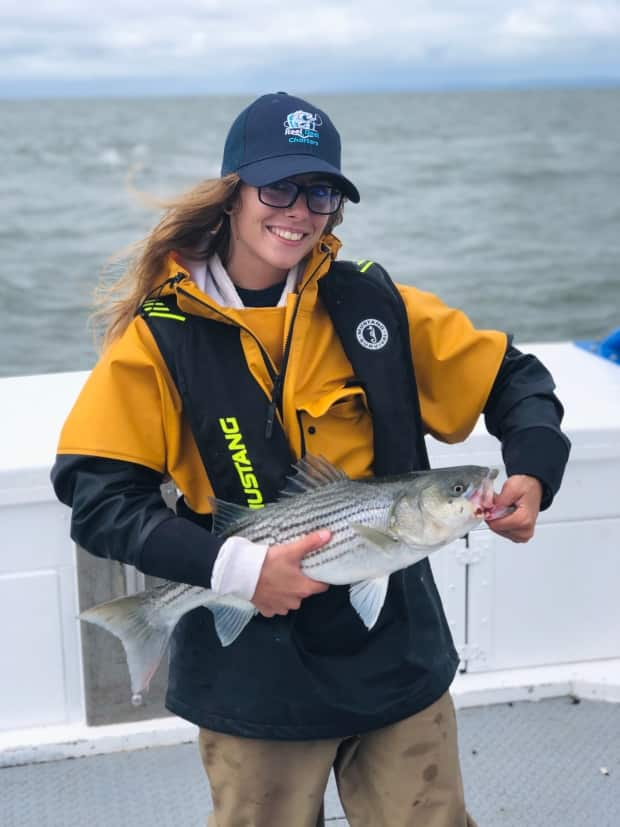
All first-year biology students at Acadia University in Wolfville, N.S., now learn about Mi'kmaw traditional knowledge thanks to the efforts of one student who was tired of seeing Indigenous perspectives ignored in science.
Leah Creaser, a member of the Acadia First Nation, said she often felt out of place and uncomfortable in her university biology classes.
She remembers taking a first-year lab about plant identification and waiting for her professor to talk about how the Mi'kmaq have been using those same plants for thousands of years. It never happened.
"I don't want to say I got mad, but I was definitely really frustrated to not even see any acknowledgements of any Indigenous peoples at all," said Creaser, 26, who is now in her fourth year and president of the university's Indigenous Students Society.
"The fact that the school flies the flag, puts their acknowledgements at the end of their emails, like that's not enough."
When her professor Juan Carlos López suggested she create her own lab based on Mi'kmaw traditional knowledge as part of a research topic in her third year, she said yes right away and then took it a step further.
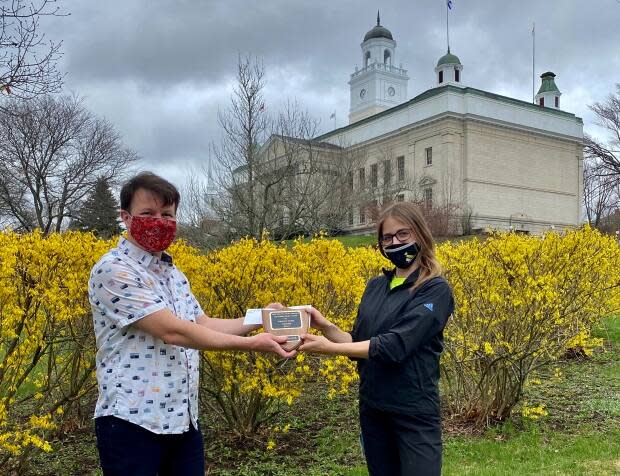
Creaser wrote the lab from her own perspective, and last fall agreed to teach 120 first-year students some of the traditional plant knowledge she's learned from her band.
Her lab is now part of the required core biology course at the university.
"Decolonization and reconciliation, that is really what's happening here," said Creaser.
Last month, she was chosen as one of 10 student leaders from across Canada for the prestigious 3M National Student Fellowship, which includes a cash award and a chance to meet the other recipients in Ottawa when public health restrictions allow.
The importance of Etuaptmumk
Creaser's lab, which is taught to small groups of students over two weeks, gives budding biologists an overview of Mi'kma'ki and the distinct communities within it. She talks about the medicines that are derived from plants, how to identify them, and their names in both Mi'kmaw and English.
She wants students to understand the concept of Etuaptmumk, or two-eyed seeing, and how Western science and Mi'kmaw traditional knowledge can work together.
In the lab, she also acknowledges Jeff Purdy, a councillor from the Acadia First Nation. As she developed the lab, Creaser joined Purdy on teaching walks to gain knowledge about native plants and their significance.
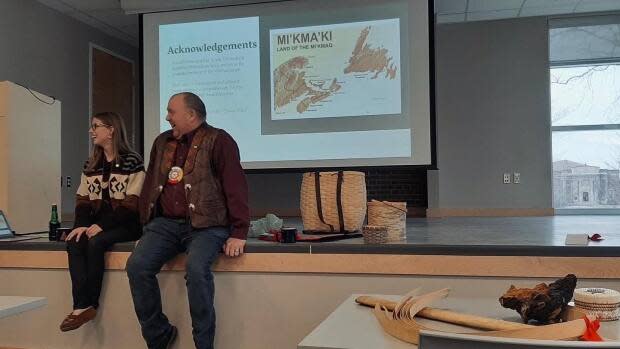
Creaser grew up off-reserve in the Wolfville area, and began connecting more deeply with her Mi'kmaw culture and community when she was in high school.
"For me, going on a teaching walk with him, it meant a lot," she said. "This is knowledge that has been passed down through generations and generations, and it's for me to take on and hold and not alter."
Creaser and López say including Mi'kmaw traditional knowledge in university courses will make for better science because new biologists will have a more complete picture of how human actions impact the natural world.
"It's more respectful, more sustainable, all the things that we talk about [with] conservation and nature. It's already there. We have to actually embrace it," López said.
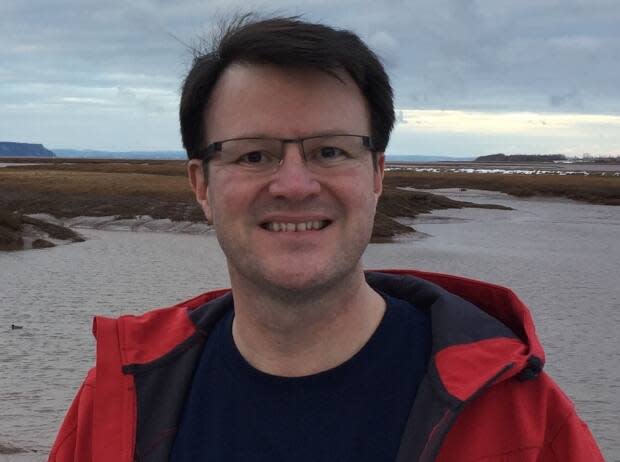
Creaser is earning an honours in fish biology and plans to begin her master's at Acadia next year, but her university journey has been anything but easy.
She had to take the first-year plant identification lab twice to improve her mark, and was struggling with a particular report the second time around when a conversation with López changed everything.
López noticed she was wearing a medicine pouch around her neck and asked her about it, which eventually led him to suggesting Creaser create her own lab.
"She stuck it out," said López, who nominated Creaser for the 3M award. "She decided to continue and that's the part that I think is really important is that she was persistent in spite of the adversity."
He's been teaching in the Department of Biology at Acadia since 2014 and said he'd been eager to incorporate Mi'kmaw perspectives in his classes but had struggled to make it happen.
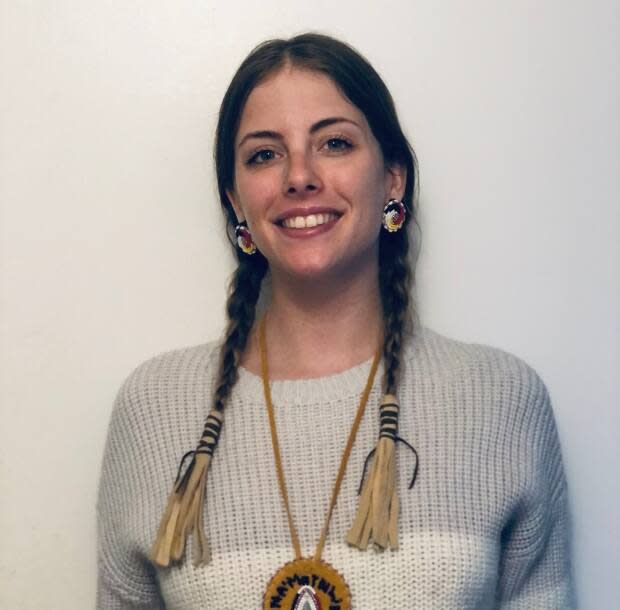
In one of his labs, López takes students to the mud flats in Wolfville to explore the landscape and learn how the Acadians built a system of dikes to keep the saltwater at bay. After one class, he remembers a couple students came to his office and asked why he'd made no mention of the Mi'kmaq.
He told them, "You are right. This is important and I find it even more important that you are challenging me on it."
Now, when López teaches that lab he begins with a Glooscap story.
"I'm a better, more aware person just because of what she has taught me," he said of Creaser.
Creaser, meanwhile, has guest-lectured in other science classes at Acadia and plans to continue teaching her lab as long as she's at the university.
The fact students will be learning from her lab, and building on it, even after she's gone hasn't really sunk in yet, she said.
"I ... did it for every Indigenous student who's sitting in those seats because we need to see more of that," she said. "There needs to be the acknowledgement, the meaningful acknowledgement."
MORE TOP STORIES

 Yahoo Finance
Yahoo Finance 